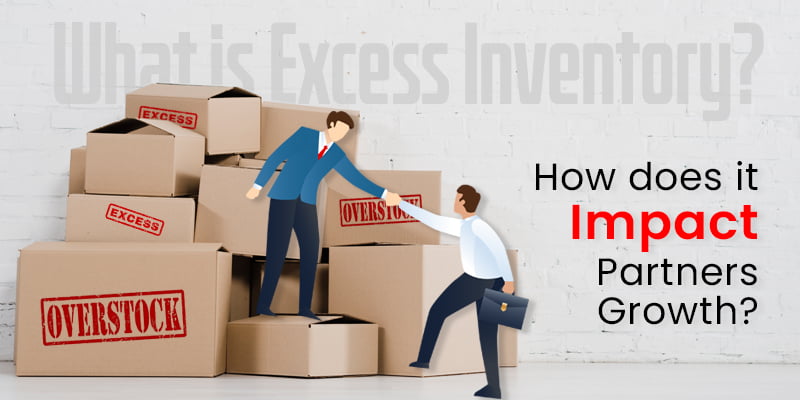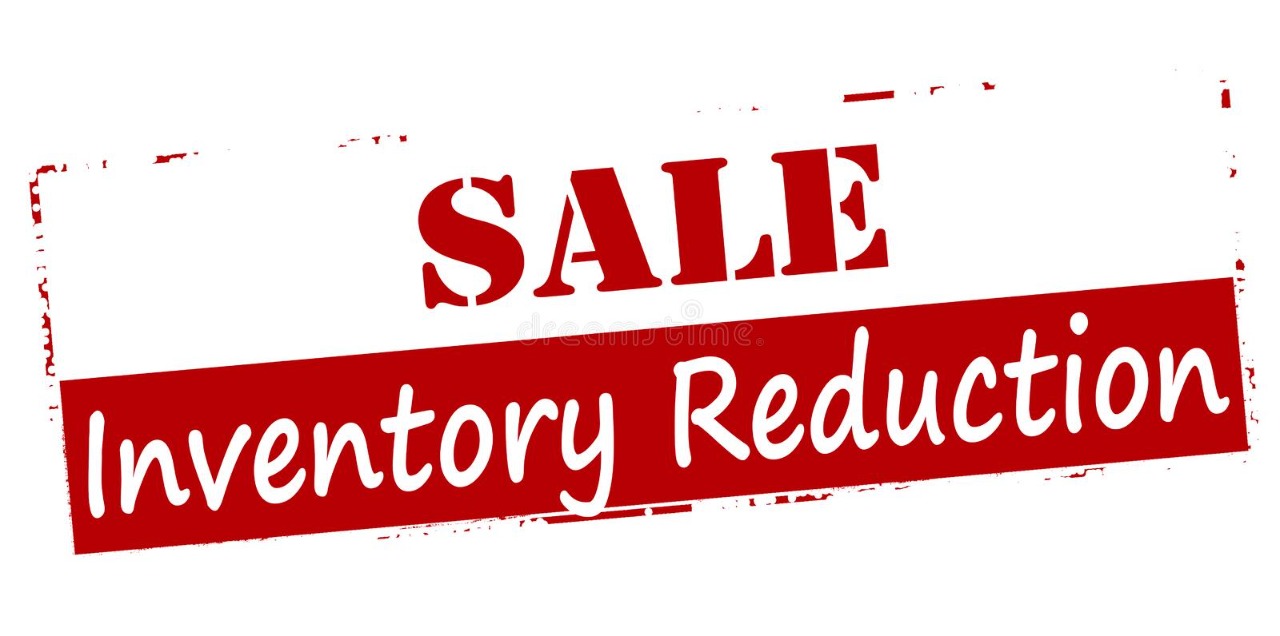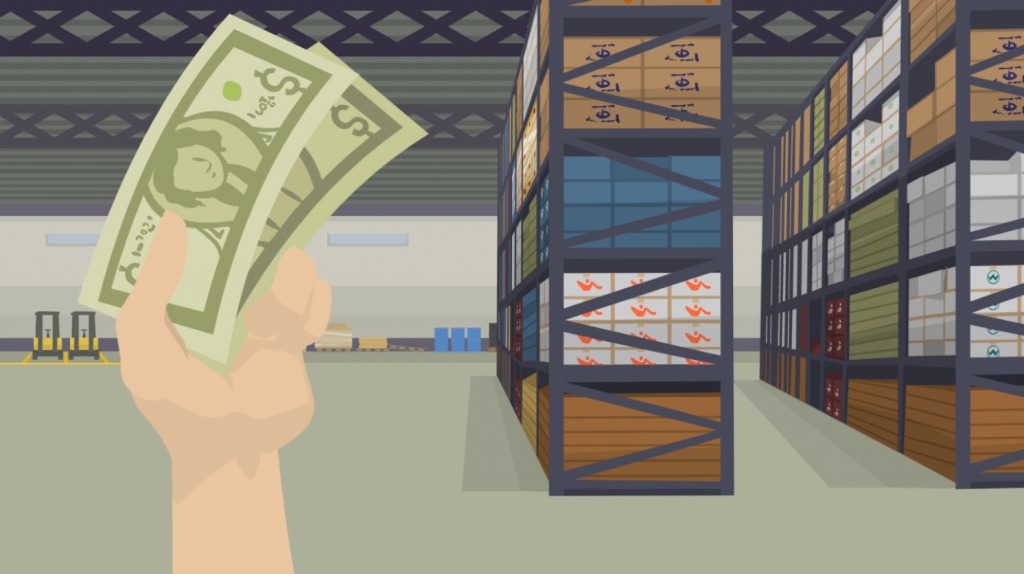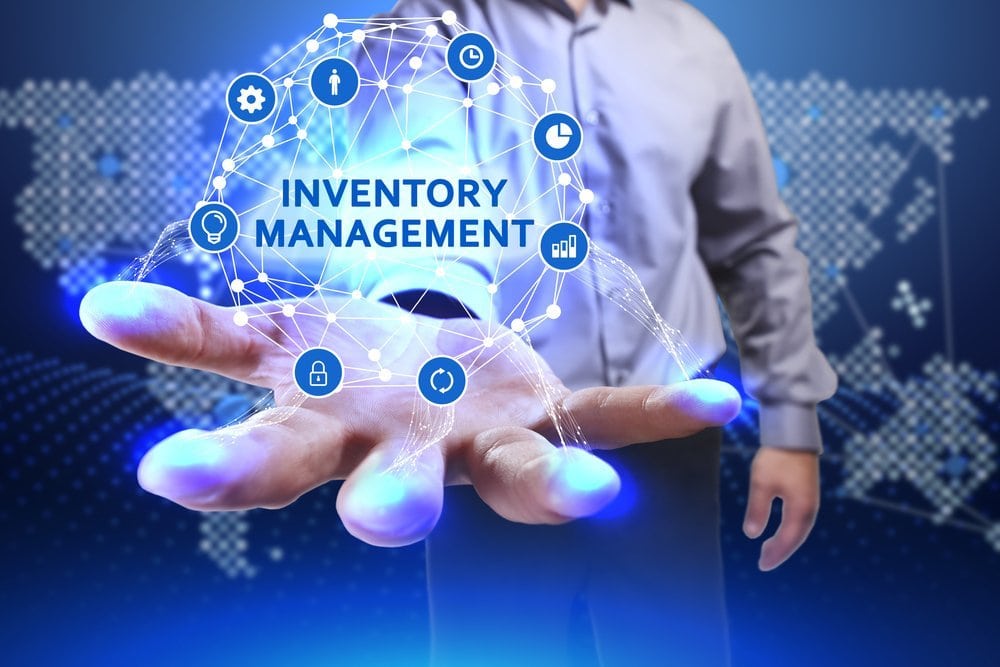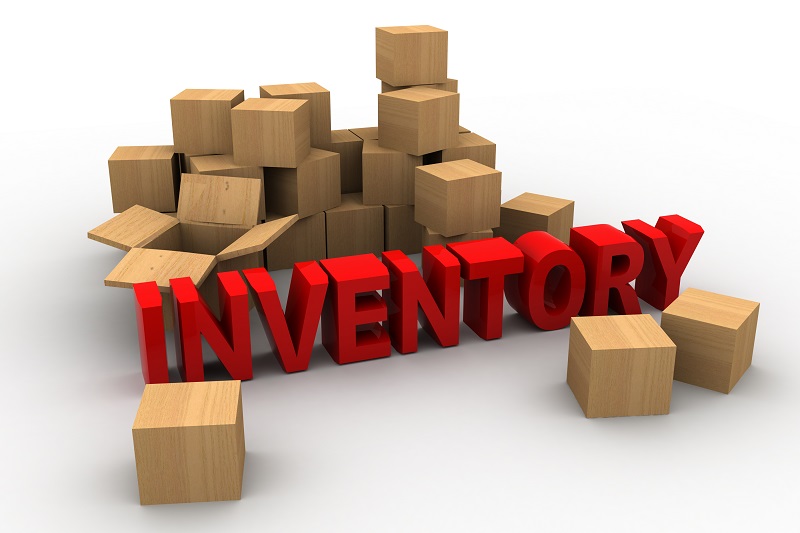What is Excess Inventory and Where it Comes From?
In business discussion you will often come across the word ‘Ageing Stock’ or sometime it is also referred to as an 'Excess inventory' or an ‘Over Stock’. So, what does these words or terminology generally means to a common man. All these words refer to the products that are being sold by the outlet or the partner or dealer who is stocking and selling them, but the sales of these products is slow. This could be due to decreased demand for those products in the market. Generally it is resultant of a poor inventory management or due to reasons such as slow economy conditions, over-buying, seasonal overstocking, inaccurate projections, cancelled orders, late delivery of stock etc. Having surplus inventory is usually considered to be bad for a business because it leads to low stock turnover and to the increased costs associated with managing it.
To make you understand better, let us take an example, when the correct moment approaches, some entrepreneurs hold surplus inventory as long as they can, with the intention of selling at a batter price. That’s an amazing idea because it can yield massive returns. The only downside to this concept is that when you have the chance to release the products at your planned price, you're never sure that when that moment will come. This could take a little while, and there is not much time for you to stand in line for profit. For a whole season, you will never predict the market trend. Things like unexpected changes in climate might cause a shift in demand you haven't seen before. Although it is a downside for every company management to have surplus inventory, it is not exactly an unprofitable concept. Clearly, business people or companies are never planning to overstock their racks with goods which are in less supply on the market. With some good objectives in your thoughts and mind, you can unexpectedly suffer from excess product inventory.
How does It Impacts the Growth of a Partner?
Excess Inventory not only restricts the flow of money, but it also results in loss of money every day from the company. It's a large issue for a business when capital is bound up with the inventory and can greatly affect the development of the business. Unfortunately, a company can be restricted by surplus inventory and hence is generally negative.
Selling more products repeatedly every time will show growth, if we decrease the count of selling product, it will affect to our business financial growth.
For Example - In the first month you have sold 100 products and in the next month you sell only 80 products then it shows you have cut down the growth. So, for maximum profits you need to sell more and more products in bulk every month for stability and growth.
How a Partner can Liquidate his Excess Inventory?
Each of the product which you carry in your inventory is actually holding a cash. This can be used to purchase or manufacture fresh goods, encourage products sales, growth and more. That's why it's important to liquidate your stocks rather than just enabling them to collect dust and increased your storage costs. Below are some things which helps you to make money out of you Excess Inventory.
The age-old process to liquidate excess inventory is like make calls in your network and visit your partners to help them liquidate your surplus stock. Now days there is new solution available like Excess2Sell, excess2sell is India’s leading Wholesale B2b marketplace which liquidate the partners Surplus stock easily. Sellers only need to focus on where to sell it not how to sell it. Platforms like excess2sell open up and convert the entire country as a market for your products, for which otherwise you as a seller and buyer were only restricted in your geographical area.

